Events That Could Quickly Lead to Martial Law – Simple Family Preparedness


In the tapestry of human civilization, the concept of individual rights is relatively new. For millennia, societies were governed by rulers whose power was often unchecked. However, as democracies formed and evolved, power started to be distributed among the populace, a stark contrast to the past where it resided with a select few.
In countries like the United States, there exists a delicate balance of power between the government and its citizens. However, this balance is more fragile than many realize.
Martial law represents a drastic shift in this balance, historically altering the landscape of civil liberties whenever it’s enacted. As global tensions rise, the possibility of experiencing martial law in your community becomes an increasingly tangible reality. Certain scenarios could precipitate this extreme measure.
It’s crucial to distinguish between martial law and a state of emergency. True martial law is when military command assumes full control over governmental functions, effectively overriding civilian leadership. This scenario was observed in post-World War II Germany and Japan under U.S. military supervision.
Conversely, a state of emergency involves the temporary suspension of some constitutional freedoms by either state or federal governments in response to crises. For the everyday citizen, both situations result in the curtailment of freedoms, with the primary concern being the restoration of those rights.

Martial law is defined as a scenario where the highest-ranking military official assumes control over civilian government. This drastic measure is typically reserved for situations where local governance and law enforcement are deemed incapable of managing a crisis, necessitating military intervention to restore order.
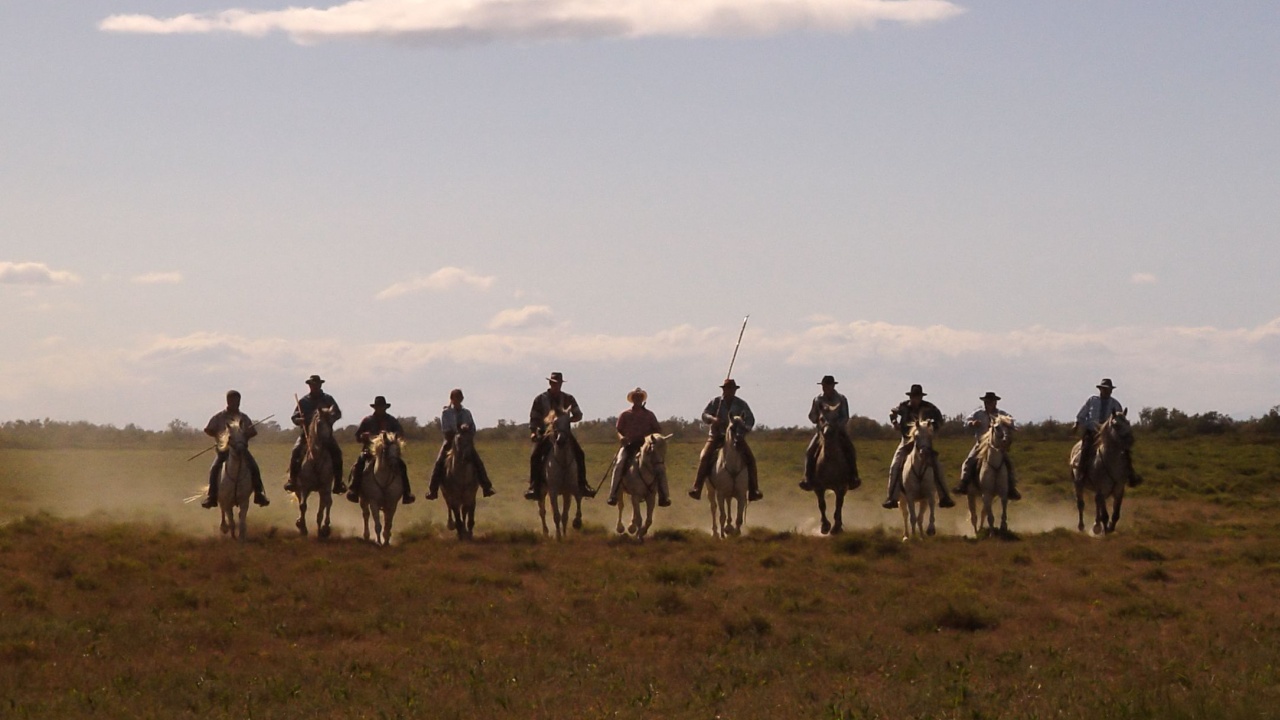
Posse Comitatus is an act passed in 1878, limiting the President’s ability to deploy military forces within the United States for domestic law enforcement without explicit congressional authorization.
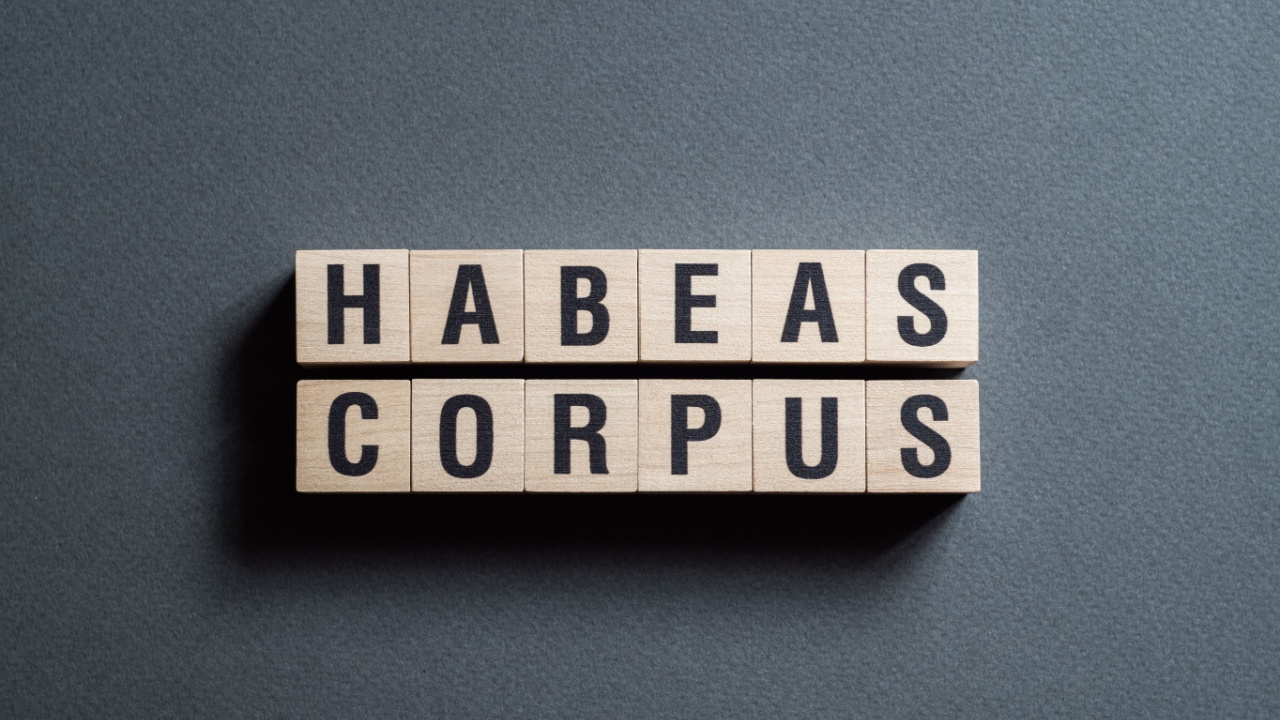
Habeas Corpus is a fundamental right ensuring that anyone arrested can challenge the legality of their detention in court. Under martial law, this right can be suspended, allowing for the detention of citizens without formal charges or legal recourse.

Martial law, while common in various forms around the globe, is a rarity on a national scale in the U.S. However, between 1847 and 1945, it was declared locally 70 times. The Civil War saw the most extreme use of martial law in U.S. history, with President Abraham Lincoln taking measures that included suspending habeas corpus, shutting down dissenting newspapers, and imprisoning citizens without trial.

Lincoln’s use of martial law is one of the main factors in current concerns about martial law.

Martial law in the U.S. has historically been a response to significant disasters, riots, or acts of terrorism. While it has yet to be implemented due to a pandemic, the current global instability makes the possibility more imminent.
An example can be drawn from the explosion in Beirut, which, although resulting from improper storage of ammonium nitrate, had effects comparable to a small nuclear blast. Such an event, combined with ongoing tensions, could swiftly lead to martial law.
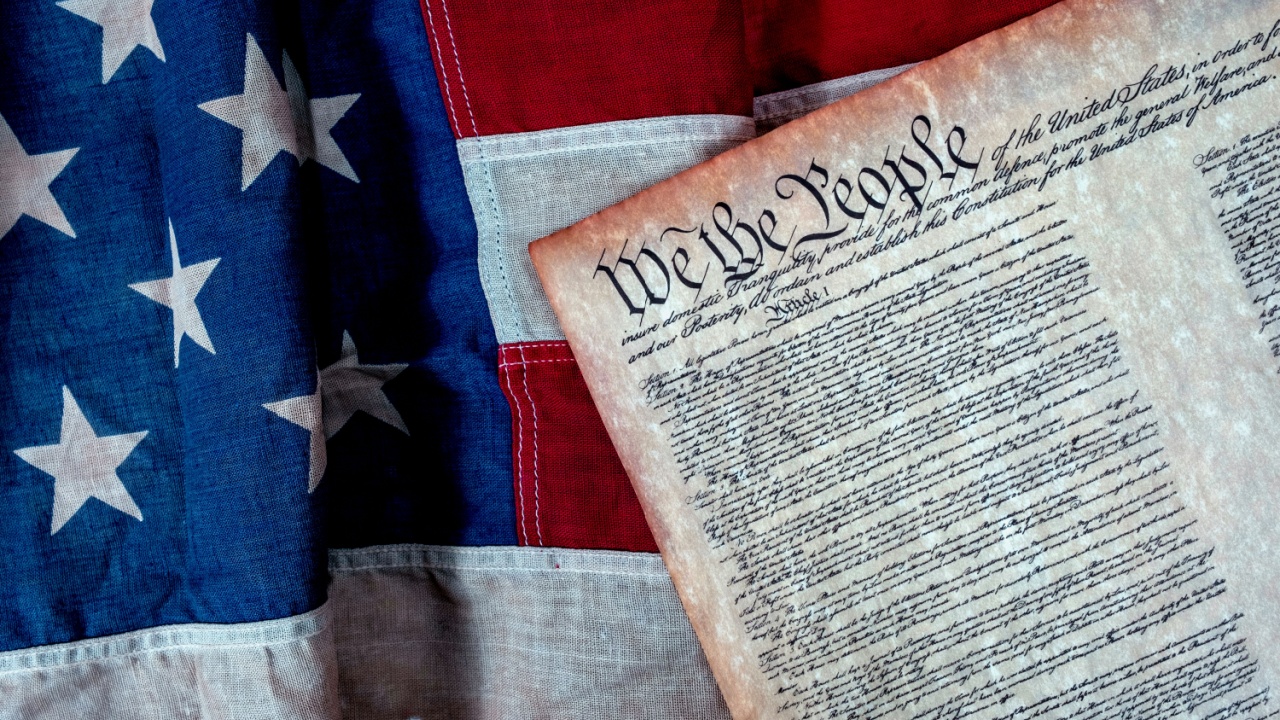
Under martial law, the Constitution’s Bill of Rights is effectively nullified. Here are the primary rights suspended during such a period:
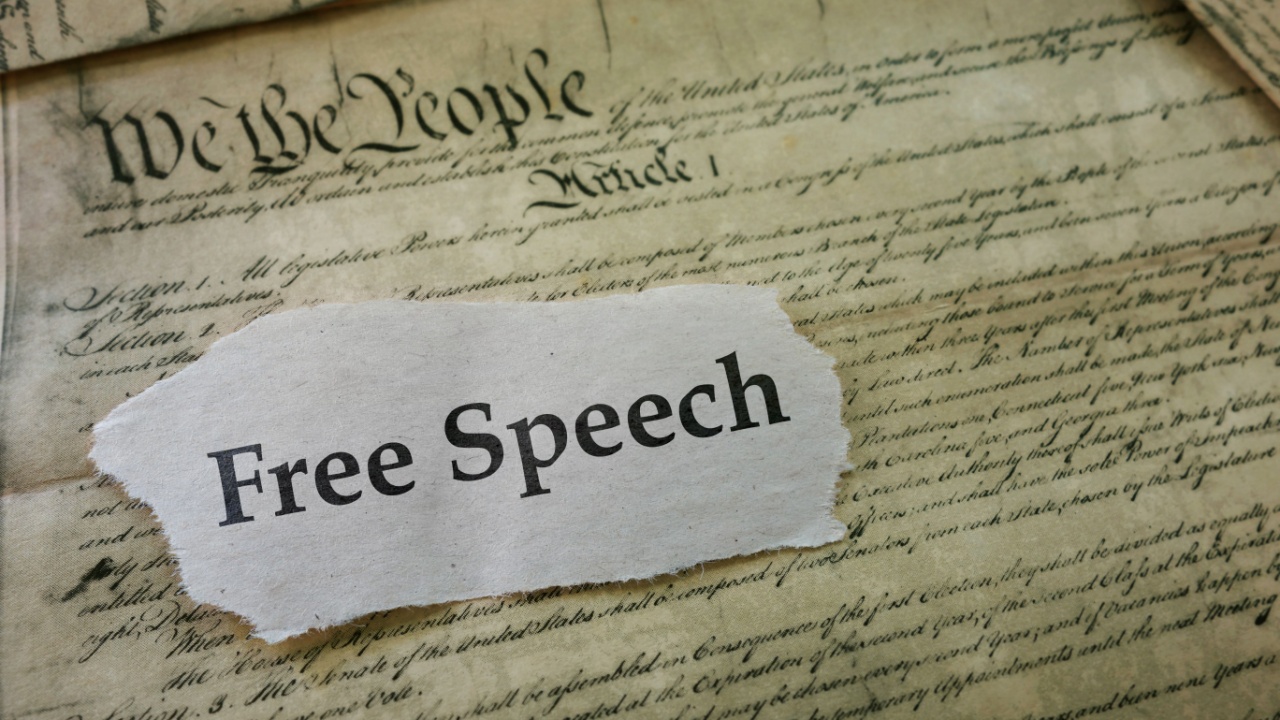
The impact on the 1st Amendment varies with the martial law cause. While natural disasters may see minimal effects, civil unrest could lead to significant restrictions on communication, including censorship or suspension of internet and social media if they incite further unrest.
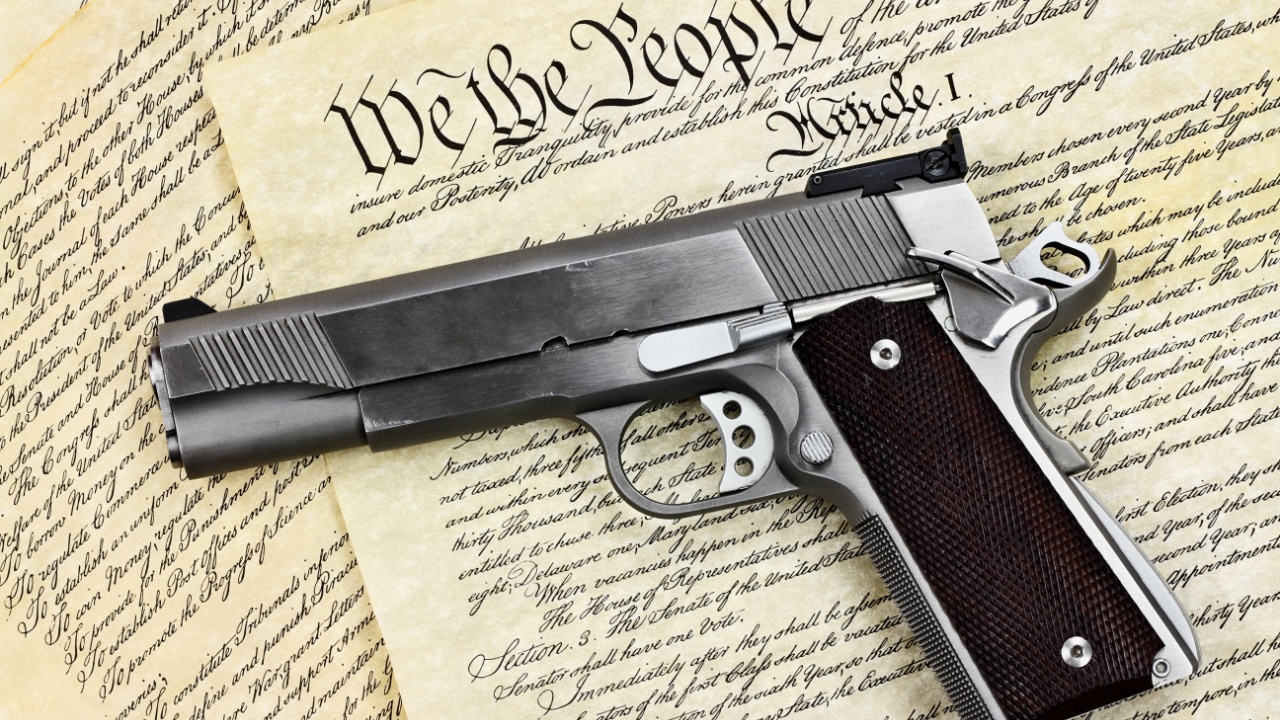
Firearm confiscation is a possibility under martial law, especially if firearms are used to exacerbate rioting or looting. Although reports of widespread confiscation are often exaggerated, there have been instances, such as during Hurricane Katrina, where weapons were seized for public safety.

While it’s unlikely the military would requisition private homes for accommodation, in extreme scenarios, large tracts of private land could be used to house soldiers or the displaced. Public spaces would likely be utilized first, but the military has the authority to use private property if necessary.
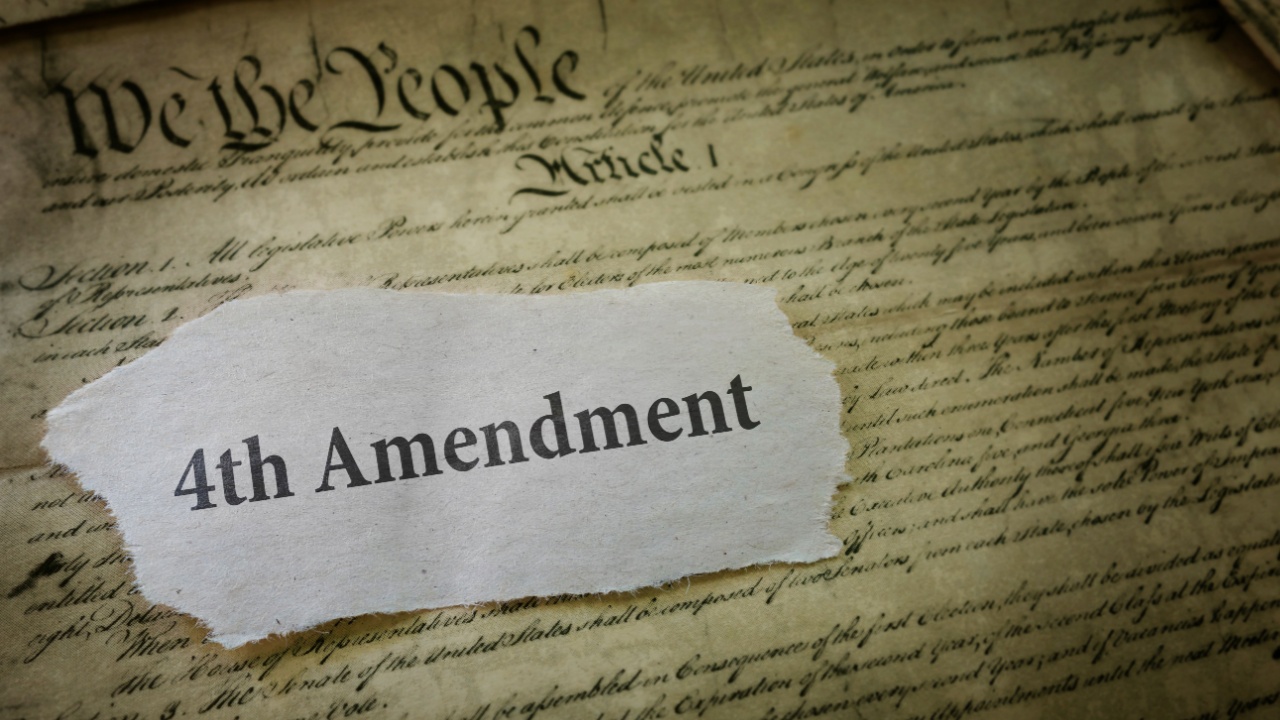
In most martial law scenarios, widespread unreasonable searches are improbable. However, individuals connected to events leading to martial law could be subject to search and seizure without a warrant. Social media activity related to civil unrest or crimes could also trigger such actions more swiftly than in normal legal circumstances.
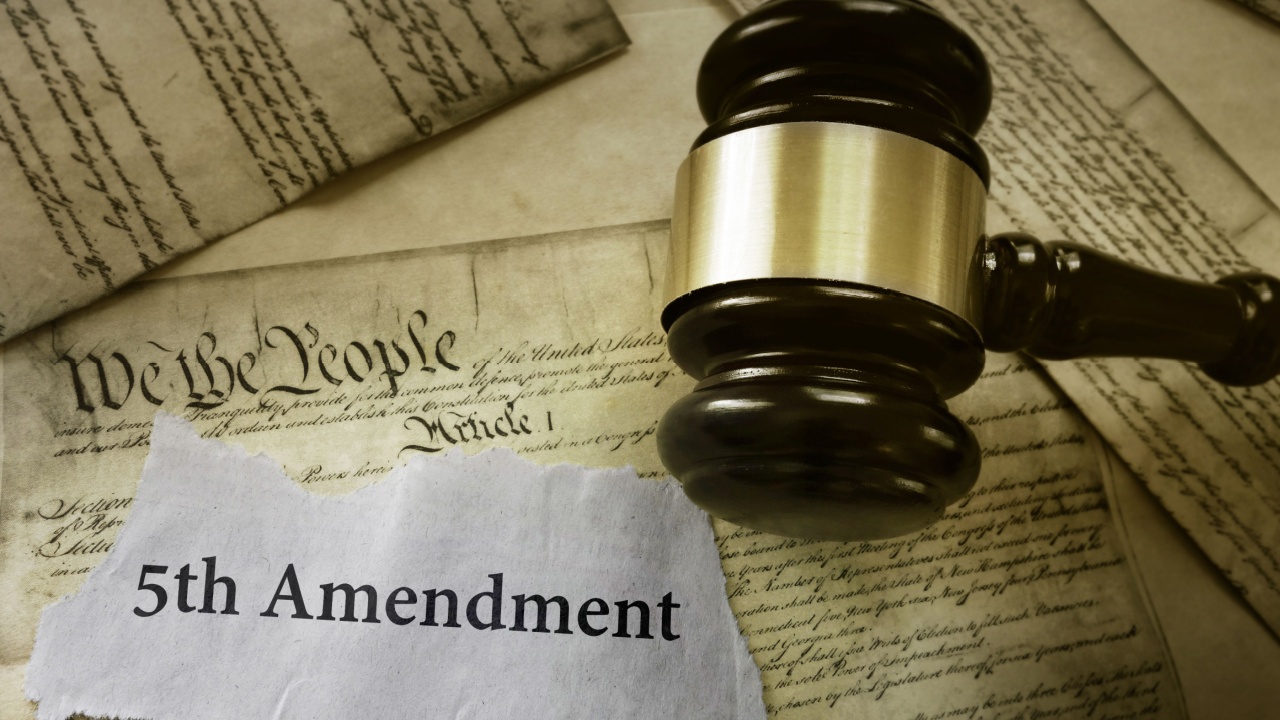
In times of crisis, the 5th Amendment’s protections can feel far from guaranteed. The early days of the coronavirus pandemic showcased a small scale of what might happen under Martial Law, with the confiscation of hoarded supplies like face masks. Those involved in hoarding were seen as exploiting the crisis, and their goods were seized, illustrating how easily property rights can be overridden in emergencies.
This scenario is more likely to impact businesses possessing stocks of essential goods. While there might be promises of compensation, there’s no solid assurance offered under Martial Law provisions.
Freedom of movement becomes another casualty, with “stop travel” orders, curfews, and roadblocks commonplace to manage the situation. Such measures, though starkly in contrast with the concept of liberty, are justified under Martial Law as necessary for the collective safety, as determined by military authorities, not individual citizens.
Despite this, the Posse Comitatus Act limits the federal military’s involvement in domestic law enforcement, preventing actions like property seizures and crowd dispersal. However, state National Guard units don’t fall under this restriction, offering a different set of operational freedoms during Martial Law.
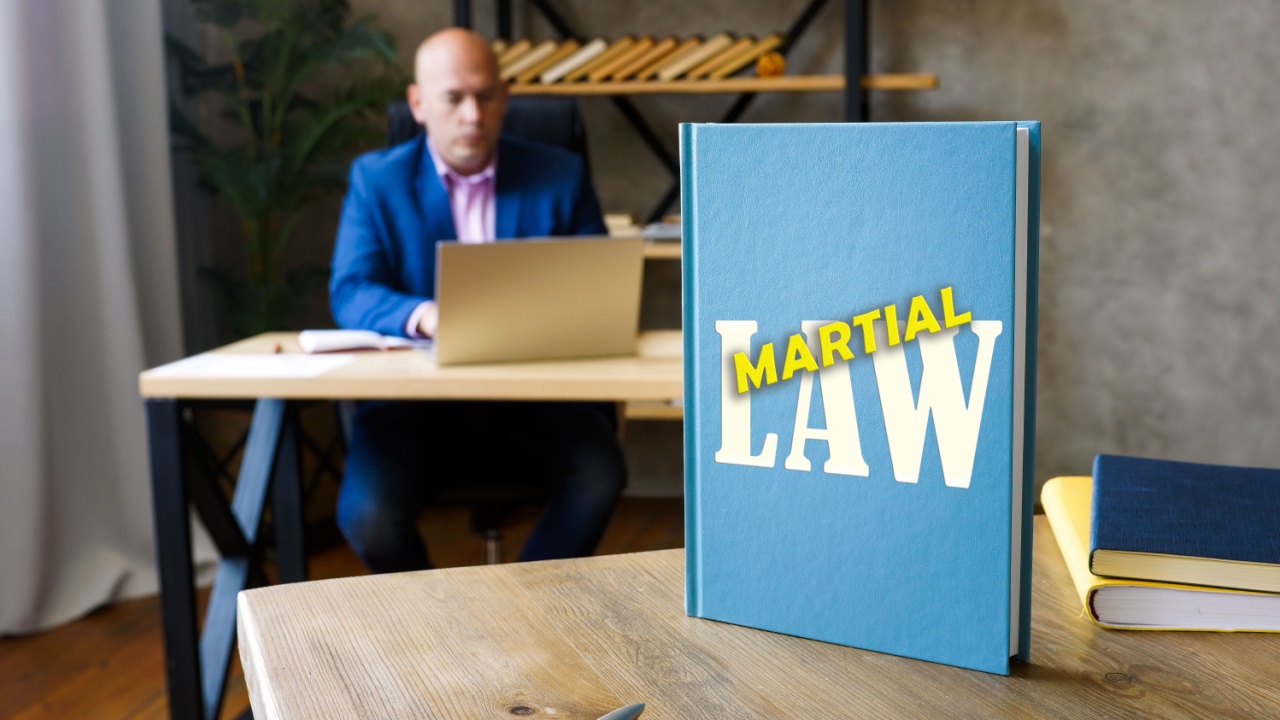
There are plenty of reasons a nation may declare martial law. Here are the most likely martial law scenarios.

Economic downturns or crashes, like a significant stock market collapse, can dramatically trigger martial law. When people fear for their financial security, banks can fail due to mass withdrawals, or hyperinflation could erode the value of currency, making barter the primary method of trade. Debt, loan defaults, or other financial instabilities could precipitate such a disaster, recalling the severe economic decline in Venezuela. In these times, the government might resort to martial law to maintain societal order.

The threat of cyberterrorism looms large, with potential to disrupt everything from personal internet access to critical national infrastructure. For instance, a cyberattack in 2016 temporarily crippled major websites across the East Coast. A more devastating attack could shut down crucial online systems nationwide, leading to chaos and necessitating martial law to restore order and security.
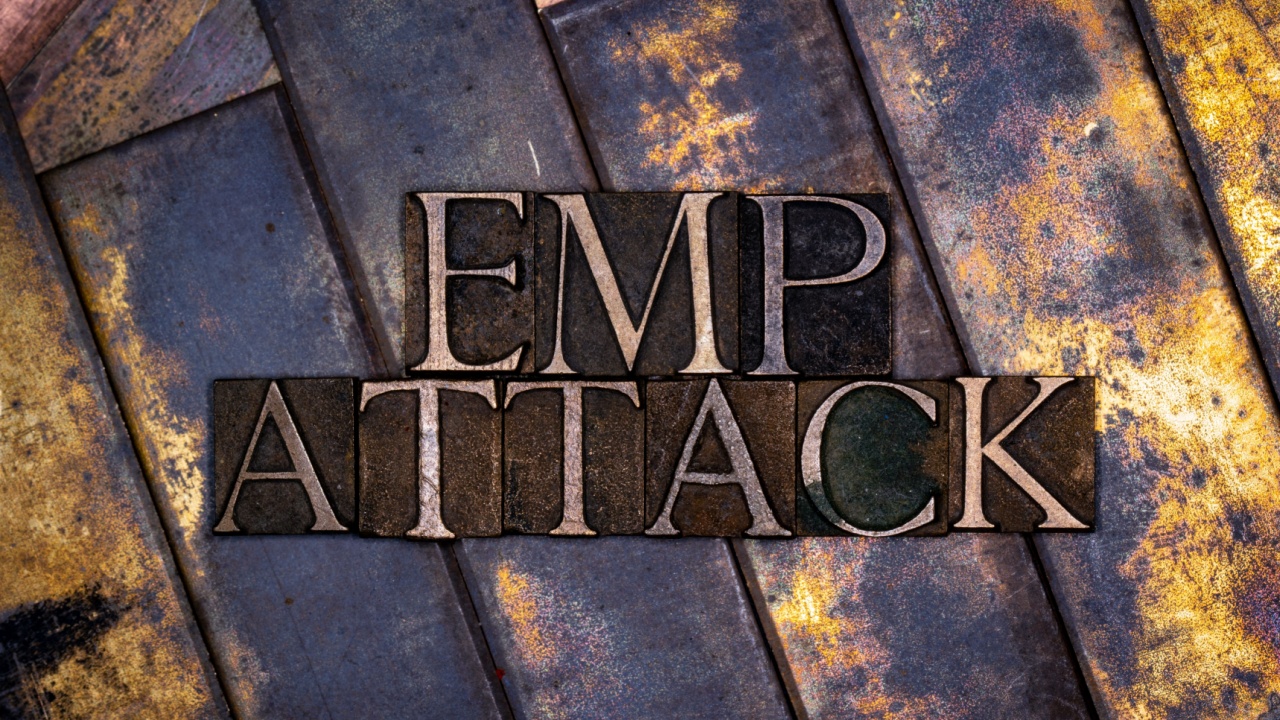
An EMP attack could instantaneously obliterate electrical systems, plunging cities or even entire regions into darkness and anarchy. This catastrophic event would likely result in widespread panic, resource shortages, and violent outbreaks, compelling the government to enforce martial law to regain control and start recovery efforts.

Martial law has historically been a response to conventional warfare on home soil, as seen during the Civil War under Abraham Lincoln. If the U.S. were to face direct military aggression from a foreign power today, the imposition of martial law could follow to protect national security and maintain public order.

Disease outbreaks pose a real and present danger, with the potential to decimate populations and destabilize societies. Whether natural or bioengineered, a significant epidemic could force government hands to impose martial law, aiming to contain the disease and prevent societal collapse.
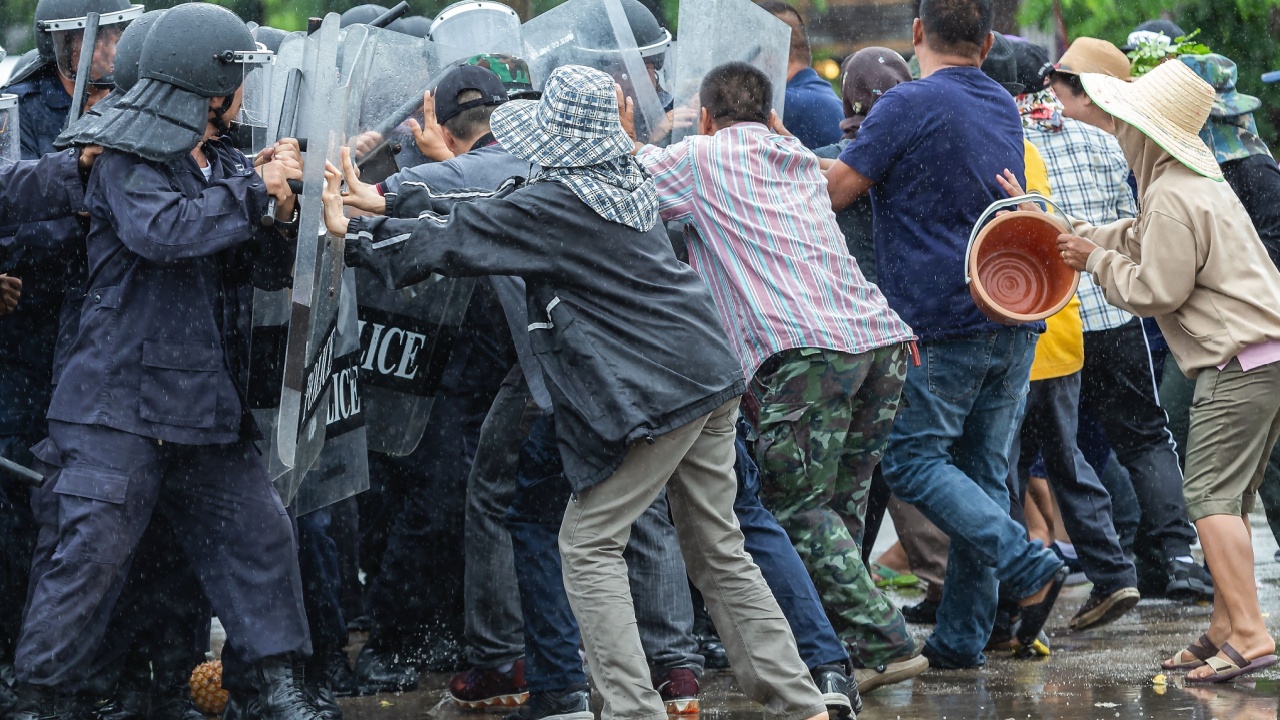
Large-scale riots or civil unrest can prompt the declaration of martial law, especially if perceived as threats to public safety or state security. Historical precedents, like the response to Hurricane Katrina, show how quickly normal legal systems can be suspended in favor of military or federal control to restore peace.
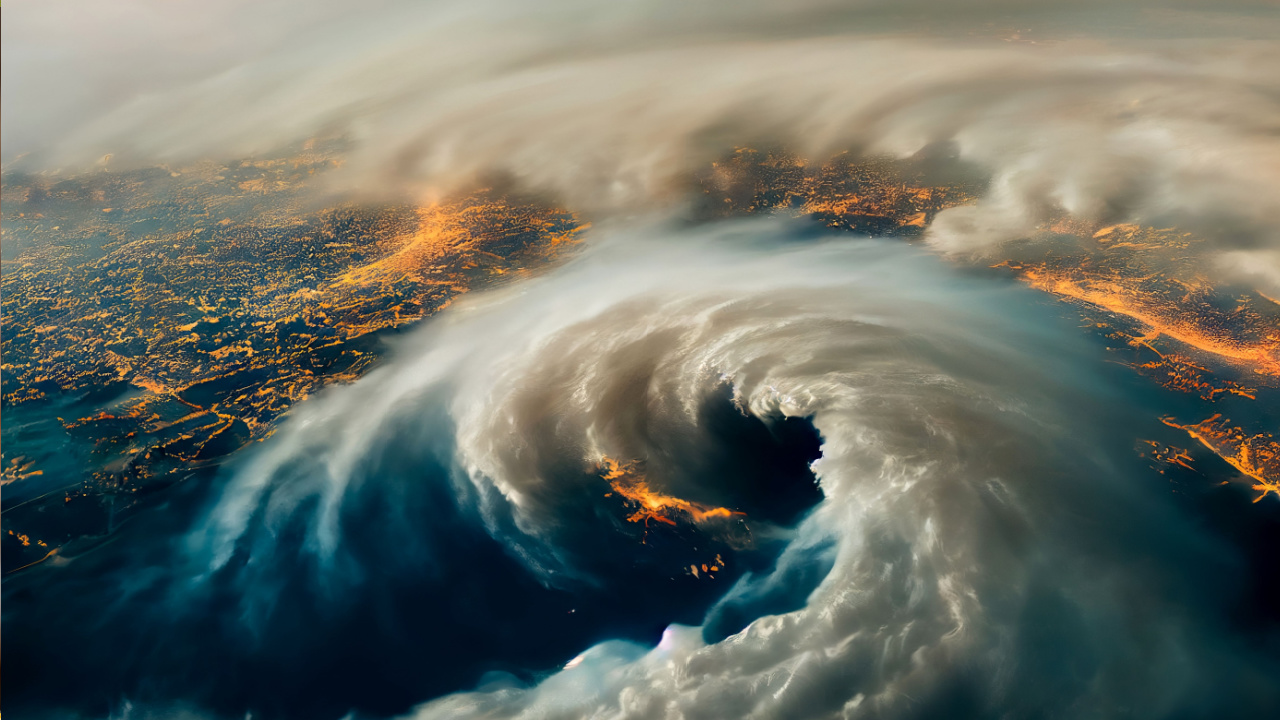
Major natural disasters, such as hurricanes, super-volcanoes, or massive earthquakes, have the potential to wreak havoc on an unprecedented scale. The resulting damage and disruption could compel the federal government to declare martial law, especially if the disaster’s effects are so severe that local and state authorities are overwhelmed.

FIRE – Financial Independence, Retire Early. That’s the dream, right? Quit the rat race and live life on our own terms. It’s totally doable. Plenty of people join the FIRE movement and manage to retire pretty quickly. And there’s a LOT of advice out there on how to do it. Sadly, much of the advice is outdated or just plain bad.

In times of uncertainty, financial stability is more crucial than ever. While prepping for physical emergencies is vital, don’t overlook financial prepping. Avoiding these common money mistakes can help make sure you’re in a stronger position to weather any storm.

Preparing for a recession is more important than ever in these uncertain times. I understand the challenges and fears you might face, so I’ve compiled these 25 actionable tips to recession-proof your prepping plans. Each suggestion can help you stay ahead, ensuring that you’re surviving and thriving, even in tough economic times.
